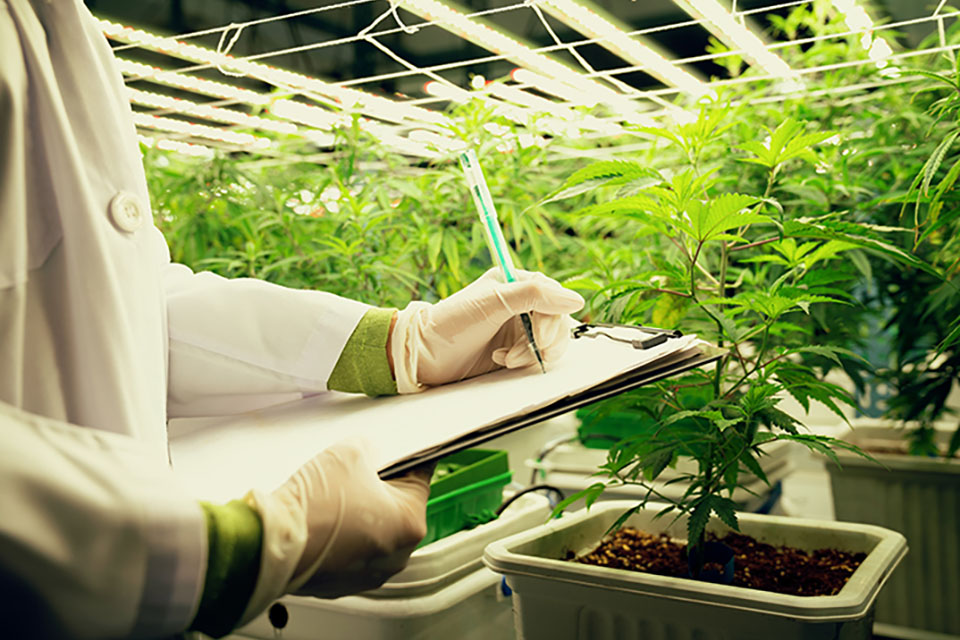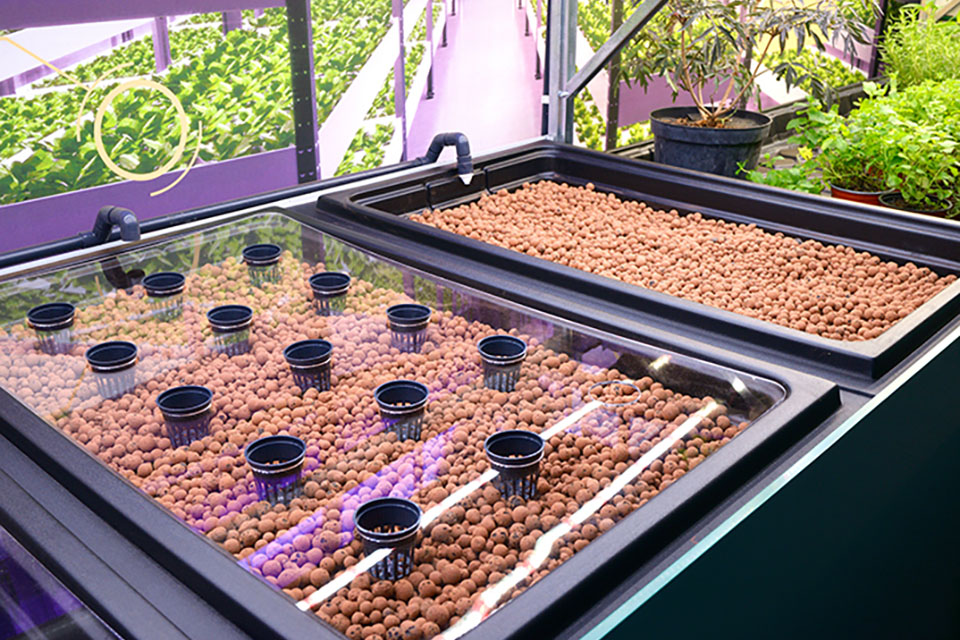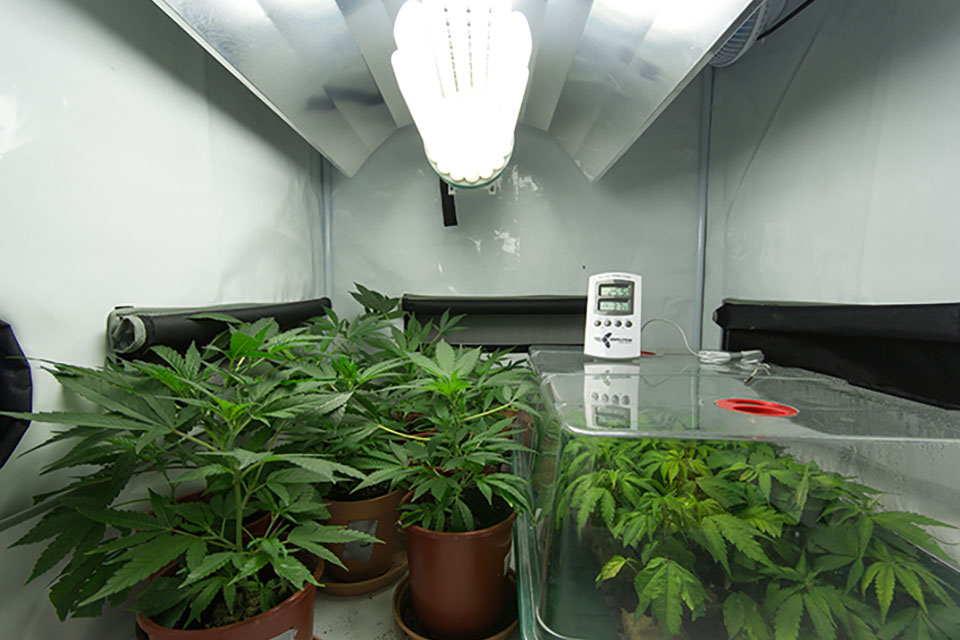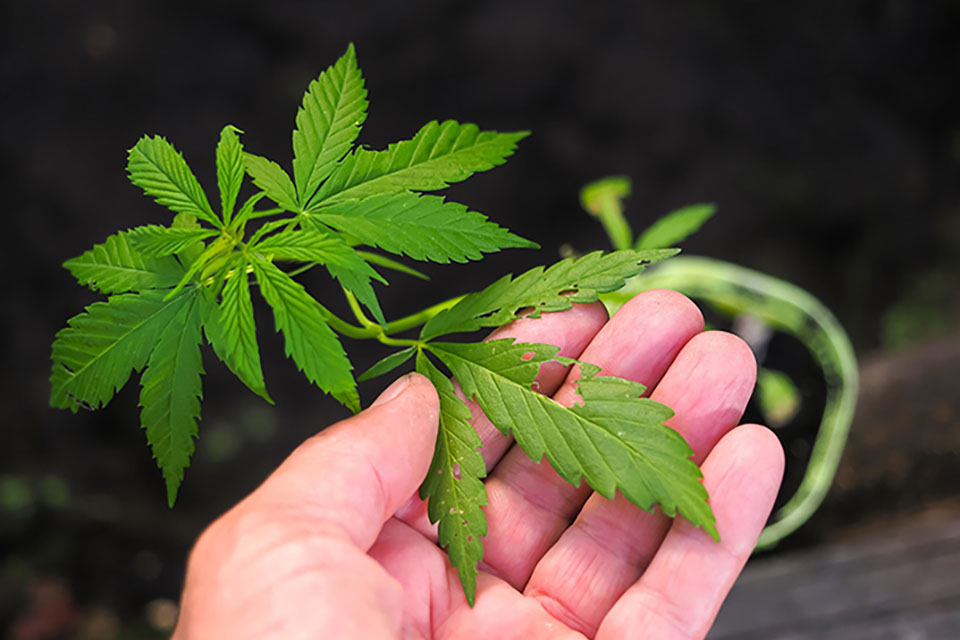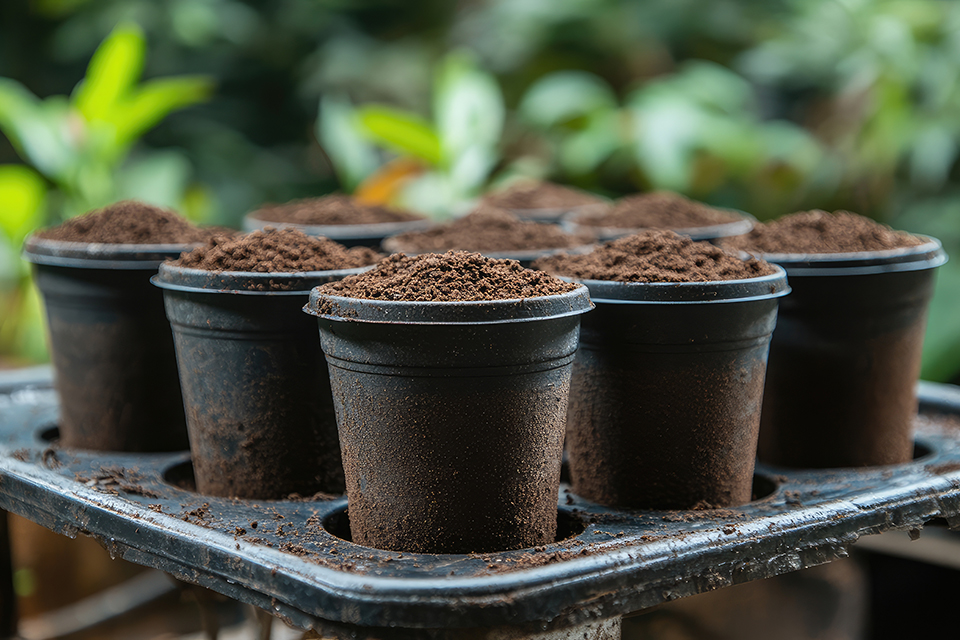
Home cannabis growers are always on the lookout for effective and eco-friendly ways to enhance their plants. Using coffee grounds as cannabis fertilizer is an increasingly popular method that offers a sustainable solution. Coffee grounds can enrich soil and improve plant health, making them a valuable resource for growers in the USA. Kind Seed Co will help you explore the benefits and practical applications of coffee grounds in cannabis cultivation, providing insights and tips for both new and experienced growers.
Benefits of Using Coffee Grounds for Cannabis
Coffee grounds pack a punch when it comes to nutrients that cannabis plants love. They’re loaded with nitrogen, which is necessary for robust growth and vibrant, green leaves. Besides nitrogen, they offer a bit of phosphorus and potassium, both important for strong roots and overall plant vitality.
But it’s not just about nutrients. Coffee grounds can transform soil quality. They improve aeration and drainage, helping to prevent soggy roots and encouraging healthy growth. The organic material in coffee grounds also helps the soil hold onto moisture, keeping your plants consistently hydrated.
Using coffee grounds as fertilizer isn’t just good for your plants—it’s good for the planet. By recycling used coffee grounds, growers cut down on waste and embrace sustainable gardening practices. This eco-friendly approach resonates with many home growers who are committed to sustainability in their cultivation efforts.
How Coffee Grounds Affect Cannabis Growth
Coffee grounds can play an integral part in the growth and health of cannabis plants, particularly by influencing soil pH levels. Generally, coffee grounds are slightly acidic, which can be useful for lowering the pH of alkaline soils. This adjustment is beneficial for cannabis, which thrives in a slightly acidic to neutral pH environment. Regular monitoring of pH levels is critical, though, as overly acidic soil can impede nutrient absorption and harm plant health.
Beyond pH adjustments, coffee grounds impact cannabis growth stages. In the vegetative stage, the nitrogen in coffee grounds promotes lush, green foliage. As the plant moves into the flowering stage, the remaining phosphorus and potassium support bud development and overall vitality.
There are also challenges to consider. Overuse of coffee grounds can lead to soil compaction, restricting water and air flow to the roots. To prevent this, mix coffee grounds with other organic materials or compost to maintain a balanced soil structure. In humid environments, there’s a risk of mold growth, so ensure proper aeration and drainage to avoid this issue.
How to Prepare Coffee Grounds for Use as Fertilizer
To get the most out of coffee grounds as a fertilizer, start by gathering used grounds from your daily coffee routine. If you need more, local coffee shops often have plenty to spare and are usually happy to share. Store these grounds in a dry, airtight container to keep them fresh and mold-free.
Before using them directly on your cannabis plants, consider composting the coffee grounds. This process breaks them down, making nutrients more accessible to your plants. Mix the grounds with other organic materials like dried leaves, grass clippings, and kitchen scraps. This boosts the nutrient content while also ensuring a balanced carbon-to-nitrogen ratio, which is advantageous for effective composting.
Safety is pivotal when preparing coffee grounds. Avoid grounds that have been exposed to contaminants or flavored varieties, as they might contain additives harmful to plants. Make sure the grounds are cool and dry to prevent any adverse effects on soil temperature and moisture.
By following these steps, home cannabis growers can effectively use coffee grounds as a natural fertilizer, promoting healthier plants and supporting sustainable cultivation practices.
Application Methods for Coffee Grounds in Cannabis Cultivation
Numerous application methods exist, ensuring you can find the best solution for you and your plants.
Direct Application
When applying coffee grounds directly to the soil, moderation is key. Sprinkle a thin layer around the base of your cannabis plants, ensuring even distribution. This allows nutrients to gradually seep into the soil with each watering. Avoid over-application, as too many grounds can create a barrier that restricts water and air flow. A light application every few weeks is typically sufficient to provide benefits without compacting the soil.
Composting with Coffee Grounds
Adding coffee grounds to your compost is another effective strategy. They contribute nitrogen, crucial for decomposition. Mix them with other materials like dried leaves or straw to create a balanced compost. This enriches the nutrient profile and improves texture, making it easier to integrate into the soil. Composting coffee grounds before use ensures a steady nutrient release, supporting consistent plant growth.
Liquid Fertilizer
To make a liquid fertilizer, soak used coffee grounds in water for a few days, stirring occasionally. Strain the mixture to obtain a nutrient-rich liquid. This can be applied directly to the soil. Liquid fertilizers offer quick nutrient absorption and allow for targeted application in your garden.
Additional Tips for Using Coffee Grounds in Cannabis Cultivation
For optimal results, combine coffee grounds with other organic fertilizers like bone meal or fish emulsion to provide a wider range of nutrients. Monitor your plants’ responses, as different strains may react differently. Adjust the frequency and quantity of applications based on plant health and growth.
Avoid common pitfalls such as over-applying grounds or neglecting soil pH levels, which can lead to nutrient imbalances or compaction. Regularly check soil and plant conditions, making necessary adjustments to maintain a healthy growing environment. You should also ensure that coffee grounds are fully decomposed before use, as fresh grounds can attract pests or create an imbalance in the soil.
Consider the specific needs of your cannabis strain, as some may prefer more acidic conditions while others thrive at a neutral pH. Keep an eye on your plants for any signs of nutrient deficiency or excess, and be ready to adjust your fertilization strategy accordingly. By paying close attention to these details, you can maximize the benefits of using coffee grounds while avoiding common mistakes.
Start Your Cultivation Journey with the Help of Kind Seed Co
Using coffee grounds as cannabis fertilizer offers numerous benefits, from enhancing soil fertility to promoting sustainable gardening. By understanding application methods and potential challenges, home growers can effectively incorporate coffee grounds into their routine. Experiment with these techniques and share your experiences with fellow growers. Remember, Kind Seed Co is here to support your cultivation journey with expert advice and resources.
